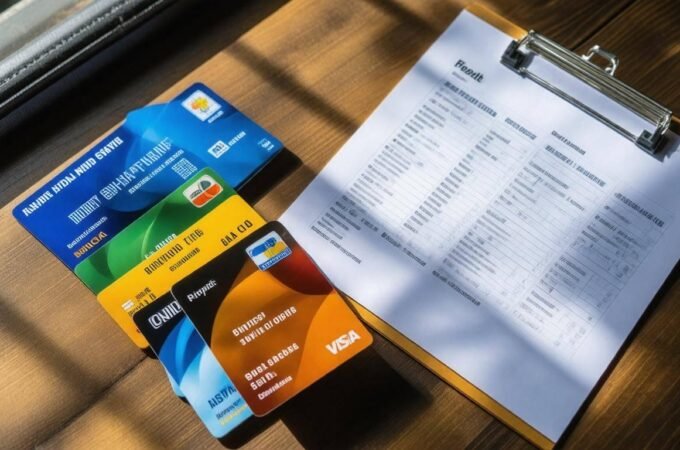
What is Vehicle Equity Release?
When looking for funding on your car, you will come across a pair of primary types: vehicle equity release loan and a logbook loan. In this article, we will help you in the decision-making process and explain why vehicle equity release is better than a logbook loan.
Who is eligible for a vehicle equity release?
Car equity release allows you to use your vehicle as collateral to borrow cash. The equity release process means the lender will use your vehicle for their security. Any driver who owns a vehicle can apply for auto equity release. Of course, there are a few preconditions designed to protect both the lender and the borrower. The car shouldn’t have any finance tied to it, and you have to prove your affordability. The car vehicle must also be ten years old or less. However, if your vehicle is older than this but has retained its trade value due to the specific brand or model, you may be eligible for the loan.
Can you use vehicle equity release in an emergency?
You can receive an auto equity release within one hour after the loan provider has received your records. This means you can receive the money in your account the same day and use it for an emergency. A logbook loan, on the other hand, is complicated and lengthier, meaning that you will take more time before you get the amount of money you need.
What are the benefits of auto equity release?

Vehicle equity release is a fast way to unlock the value of your car and turn it into cash. Keeping this in mind, here are some reasons why you should choose auto equity release.
- Flexibility: Just like payday loans, logbook loans cover short periods. This is one of the reasons that make logbook loan lenders feel obliged to have such huge interests rates. Vehicle equity loans, on the other hand, offer much broader flexibility. Usually, the repayment terms are based more on your capability of paying back the amount that you want to borrow. This means you will have to make smaller payments, which will be spread over time that will suit your income. This makes it easier for you to manage the money that you have to pay back, as you will be paying smaller amounts of money over a long period. As a result, you won’t likely default on your loan, which means that you will get to keep your car. Although the longer payment terms come with interest, auto equity loans are a more manageable level. A logbook loan or a payday loan is very restrictive when it comes to interest levels. Since the amount of loan you will be given is mainly based on your vehicle’s value, this allows you to gain access to this value without selling your car.
- Easy to qualify: If you don’t have a good credit score, you should not even think about applying for a logbook loan. Instead, go for a vehicle equity loan, as the lender’s primarily look at the value of your car. Because you will use your vehicle as collateral, credit scores won’t determine your chances of getting your loan approved. Even if you have a poor credit score, vehicle equity loan providers will use this to decide the amount that they can lend.
- Car ownership: While a logbook loan requires borrowers to own their car outright, a vehicle equity loan works differently. Even if you don’t yet own the car 100 per cent, you will still qualify for a vehicle equity loan. Additionally, you won’t have to sign a bill of sale or hand over your logbook. You will receive cash based on your car’s value, and most importantly, you will be allowed to use it. This is a great relief, mainly if you use your car for work.




